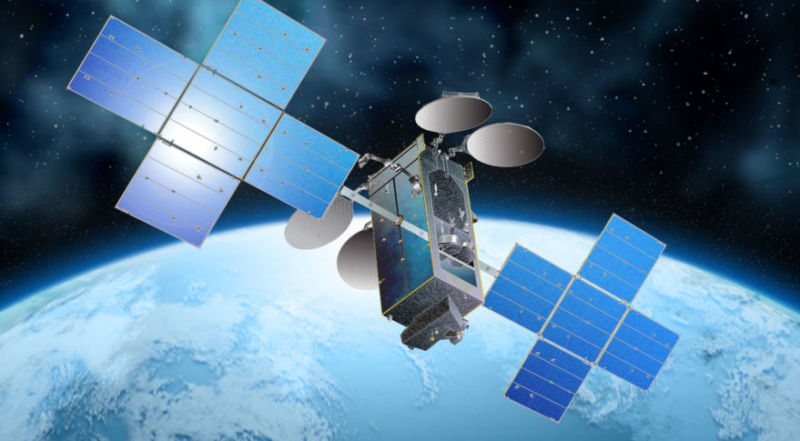Crisis Management by Digital Means
By all accounts, 2020 has been an unusual year. One alarming crisis succeeded another- then another- then another. The Covid-19 pandemic, and the ensuing restrictions on normal activity, have imposed unaccustomed hardships on most Americans. Hurricanes, mass riots, devastating wildfires, and electrical outages (in California) followed.

In facing such daunting events, what can we do? Well, some communities rely on digital technologies.
Where do we look for help in a crisis?
One answer is HughesNet. The satellite internet system offers several emergency services. One is SatCell Connect. Another is called Internet Continuity.
The first provides instant cellular service when cell networks fail. SatCell registers up to 10,000 cellular devices, and can handle up to 100 streaming video calls or 400 voice calls at a time. In addition, it can handle up to 800 simultaneous chat sessions at speeds of up to 200 MB/S.
The latter is slightly different. ‘Internet Continuity’, designed chiefly for small businesses, provides emergency backup when cable and fiber internet networks fail. In event of such failure, HughesNet automatically routes web traffic to the satellite system. Then, when the original service is restored, HughesNet switches back to it.
Call 1-855-216-0185
In a crisis, a satellite internet system proves most reliable. Weather conditions and earthquakes that disrupt fiber, DSL, and cable systems won’t interrupt HughesNet.
Businesses and government offices that can’t afford prolonged internet outages need this emergency backup.
HughesNet is also the practical internet alternative for remote locations. Customers can connect service quickly and easily, and with HughesNet’s built-in WiFi, workers can easily connect their mobile devices. Furthermore, with a wide array of fixed and portable antennae, you can connect almost anywhere.
To sum all of this up, HughesNet may be the ideal means to guarantee you can remain online in a crisis. And Satellite Country is the ideal portal for HughesNet.
So, then, don’t take unnecessary chances. Contact us today.
How soon can you get connected?
Don’t take chances in an emergency. If you can’t afford to stay offline for long, you need a reliable connection. For the best deals in reliable web service, call Satellite Country. Call today. We can help.






